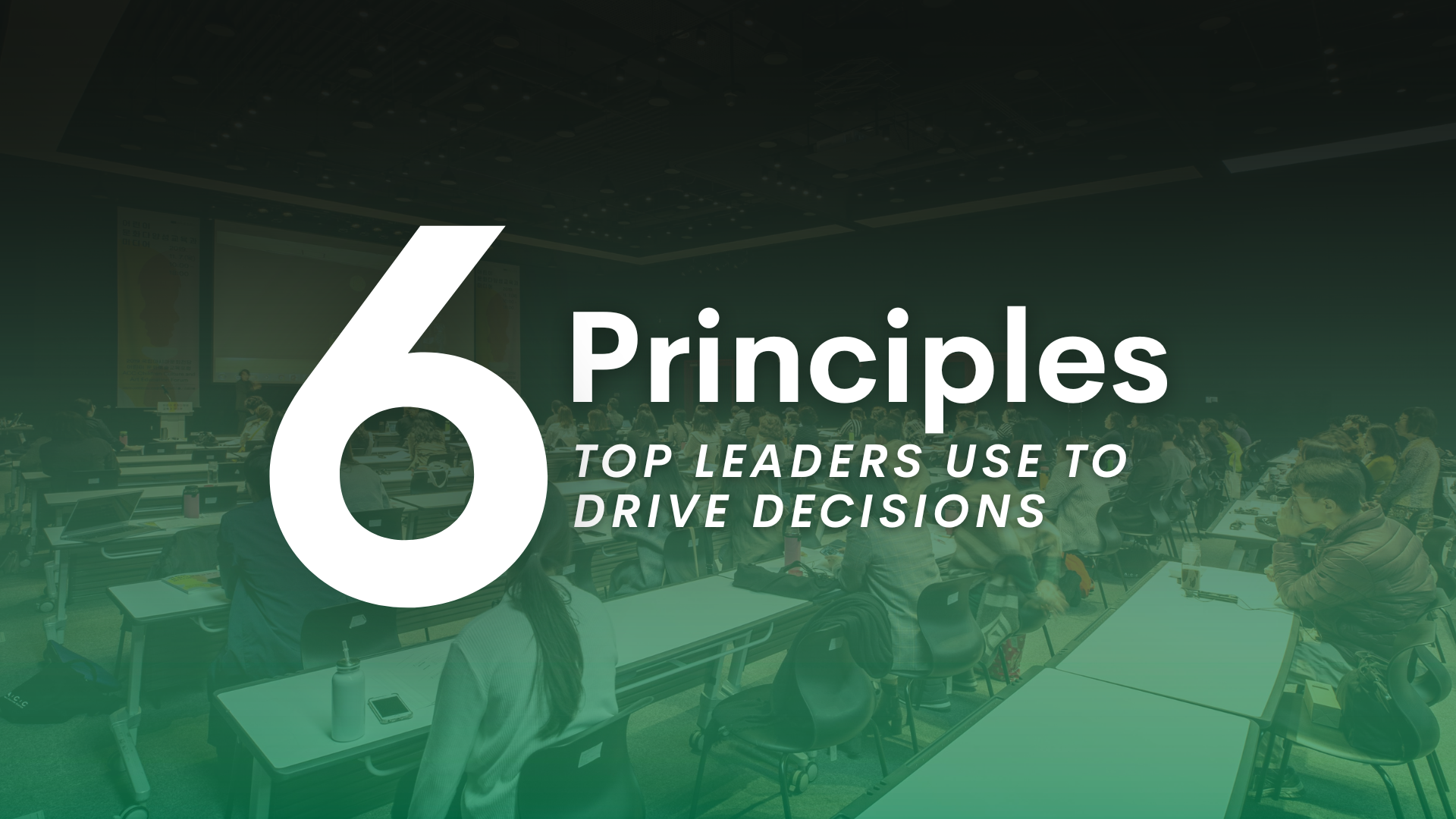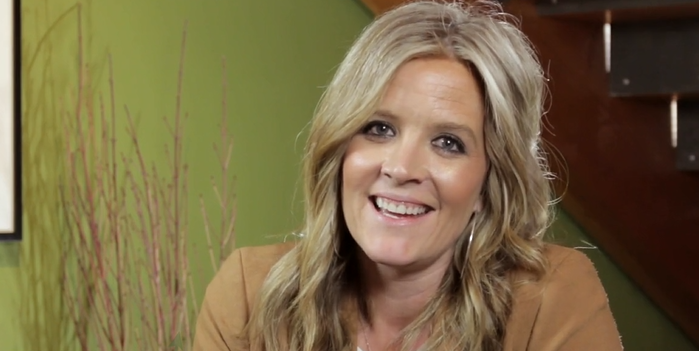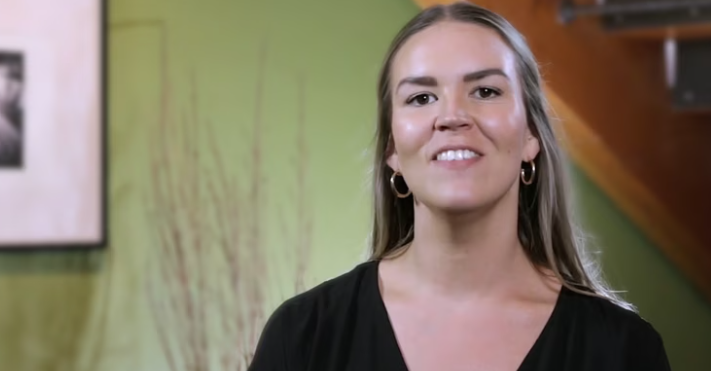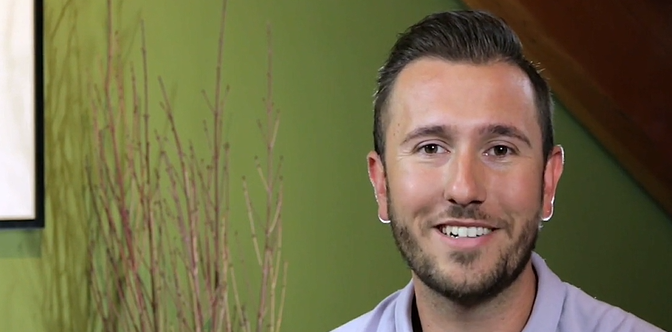
Wealth | Business | Finance | Life. Connect with us today and learn more about joining our community.
Have you ever noticed how small gestures can change big decisions? That’s not luck, it’s influence at work.
Influence is leadership in action. When you can guide someone’s decision, inspire choices, or spark change, you’re leading. And the science behind it has been tested for centuries by politicians, marketers, and even your favorite brands.
Here are six principles of influence and how they can help you lead without being pushy:
1. Reciprocity: Give first, gain later
When someone gives freely, we feel an urge to return the favor—even if we don’t know or like them much.
One study found that when a researcher handed out dime-priced Coca-Colas, people were almost 80% more likely to later buy his child’s 25¢ raffle tickets. Servers handing out mints see the same thing – add a little extra warmth, and tips jump by 23%. In business, reciprocity shows up when you:
- Bring a client’s favorite coffee to a meeting.
- Mail a handwritten note with no agenda.
- Drop off a thoughtful gift tied to their interests.
Over time, these small gestures stick. When it’s time to act, clients remember who gave without strings.
2. Scarcity: Honest urgency wins
Scarcity makes something more attractive because we fear missing out. Think of Amazon’s “Only 3 left” or toy makers understocking Tickle Me Elmo in the ’90s so parents scrambled to buy. In real estate, scarcity shows up when:
- A hot listing gets multiple offers.
- A team says, “We only take two new agents a month.”
- A seller hears, “We’re reviewing offers Monday.”
The key is honesty. Real urgency moves people forward. Fake hype breaks trust.
3. Authority: Trust the expert
People take cues from those they see as knowledgeable. That’s why scammers in uniforms can trick people, but authority can also be built honestly. You can show authority by:
- Sharing articles, videos, or podcasts you’re featured in.
- Highlighting reviews and client success stories.
- Teaching at events or breaking down market data simply.
Authority isn’t bragging. It’s showing proof that you know how to help.
4. Consistency: Start small, build up
Once someone commits, even in small ways, they prefer to stay consistent.
In one study, homeowners who first agreed to a tiny “Drive Safely” card in their window were far more likely to later allow a giant yard sign. For us, this means asking for small yeses:
- “Would you be open to a quick call this week?”
- “Before I prep a full market plan, can I count on you to hear me out?”
Each small step makes the bigger yes easier.
5. Liking: We say yes to people we like
We prefer to do business with people we enjoy and trust. Likability grows through:
- Asking about family, hobbies, and goals.
- Sharing stories and finding common ground.
- Mirroring tone and pace in conversation.
It’s not about being fake—it’s about building real connections.
6. Consensus: Proof in numbers
When we’re unsure, we look at what others are doing. That’s why testimonials, reviews, and referrals carry so much weight. Consensus shows up when:
- Buyers feel safer seeing multiple offers on a home.
- Clients trust agents with hundreds of reviews.
- Recruits choose a team after hearing from current members.
- Social proof reassures people they’re making the right choice.
Influence isn’t manipulation but guidance. A small gift, an honest deadline, a little proof, or a promise said out loud can move someone forward with confidence.
Every piece of marketing, every conversation, should draw on at least one of these principles. And when you notice them being used on you, you’ll know how to spot the difference between trust-building and manipulation.
At the end of the day, it’s the small gestures that shape the big decisions.
If you’d like to put these principles into action in your own business or team, let’s talk. I’d be glad to share how I’ve used them in real situations and help you find ways to apply them too. Reply to this email, and we’ll set up a time to connect.









